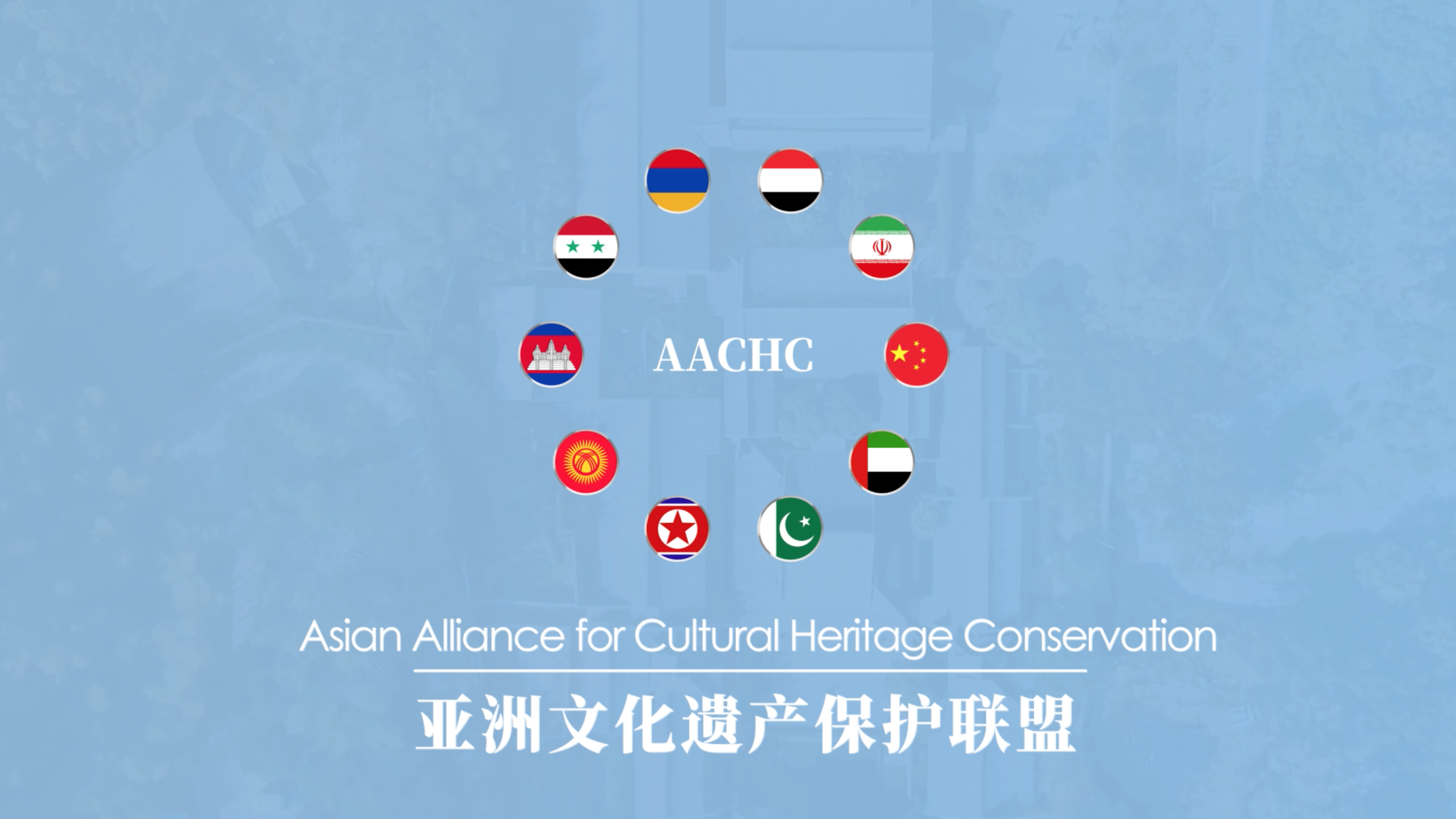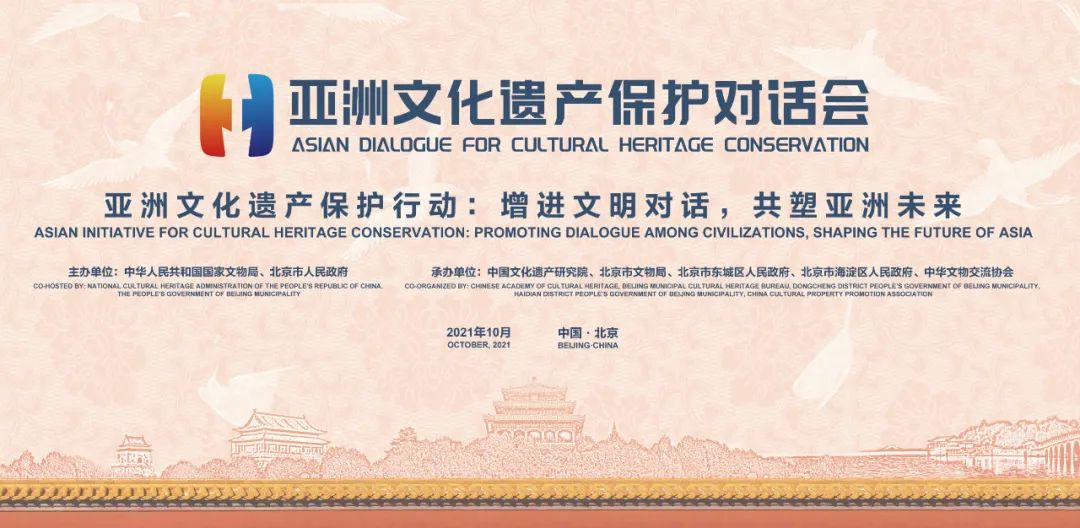02:21

China and some other Asian countries have taken concrete steps to advance cooperation in cultural heritage conservation. The consensus was reached on the first multilateral conference for the protection of Asian cultural heritage – the Asian Dialogue for Cultural Heritage Conservation – held from October 27 to 28 in Beijing.

A poster of the Asian Dialogue for Cultural Heritage Conservation. /Xinhua
A poster of the Asian Dialogue for Cultural Heritage Conservation. /Xinhua
Representatives from 36 Asian countries and five international organizations, including UNESCO, gathered in Beijing for the event themed as "Promoting Dialogue among Civilizations, Shaping the Future of Asia."
Xing Qu, deputy director-general of UNESCO, said Asia has been at the forefront of many positive developments in heritage conservation, and is therefore primed to reflect on how to continue this work. The active involvement of many Asian countries in UNESCO's Culture Conventions demonstrates the region's dedication to the protection of our shared heritage.

Online attendees of the Asian Dialogue for Cultural Heritage Conservation. /Xinhua
Online attendees of the Asian Dialogue for Cultural Heritage Conservation. /Xinhua
China is home to 56 sites on UNESCO's World Heritage List. These include 38 cultural, 14 natural and four mixed sites plus one 5,000-kilometer transnational site shared with Kazakhstan and Kyrgyzstan, namely the Silk Roads: The Routes Network of Chang'an-Tianshan Corridor.
In 2019, in a keynote speech at the opening ceremony of the Conference on Dialogue of Asian Civilizations, Chinese President Xi Jinping emphasized that China is ready to work with other countries to protect Asian cultural heritage and better preserve and sustain Asian civilizations.
Since then, concrete progress has been made in various fields, including joint archaeology, protection and restoration of cultural heritage, museum exhibitions, personnel training and prevention of illegal trafficking of cultural relics.
However, challenges are still mounting as about half of the endangered world heritage sites are in Asia.
In response to the serious and pressing challenges, National Cultural Heritage Administration Head Li Qun said China is willing to work with other Asian countries and relevant international organizations to jointly protect Asian culture heritage. China would like to jointly build a cooperation platform, implement cooperation projects, explore development potential and improve overall level of Asian cultural heritage protection.

Li Qun (C), head of National Cultural Heritage Administration, speaks at the Asian Dialogue for Cultural Heritage Conservation, Beijing, China. /Xinhua
Li Qun (C), head of National Cultural Heritage Administration, speaks at the Asian Dialogue for Cultural Heritage Conservation, Beijing, China. /Xinhua
At the conference, China and nine other Asian countries, namely Armenia, Cambodia, the Democratic People's Republic of Korea, Iran, Kyrgyzstan, Pakistan, Syria, the United Arab Emirates and Yemen, jointly launched the Asian Alliance for Cultural Heritage Conservation. It is the first such mechanism in Asia.
A fund was established by the China Foundation for Cultural Heritage Conservation to support conservation, research and joint archaeology programs as well as cultural heritage exhibitions across the region.
A program for outstanding young personalities in cultural heritage conservation has been launched to train the next generation of professionals, who will make their contributions to the initiative. The future belongs to the youth and the future of cultural heritage conservation also rests with them, said Li. He has called for the youth from Asian countries to actively participate in the program and play their role in the future of cultural heritage conservation in Asia.
(Cover: A poster of the Asian Alliance for Cultural Heritage Conservation. /Xinhua)

